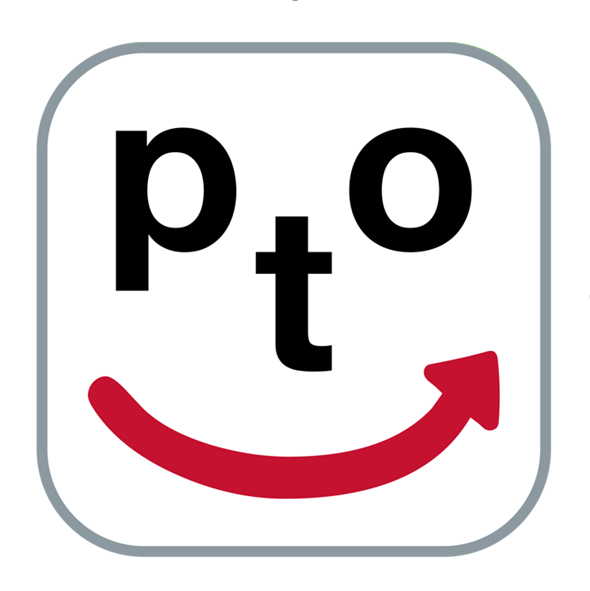The English curriculum is built around three interrelated strands: language, literature and literacy. Together, the strands focus on developing students' knowledge, understanding and skills in listening, reading, viewing, speaking, writing and creating. Learning in English builds on concepts, skills and processes developed in earlier years, and teachers will revisit and strengthen these as needed.
In Years 7, Year 8 and Year 9, students communicate with peers, teachers, individuals, groups and community members in a range of face-to-face and online/virtual environments. In Year 7 and Year 8, they experience learning in familiar and unfamiliar contexts that relate to the school curriculum, local community, regional and global contexts. In Year 9, they also experience learning in contexts including local community, vocational and global contexts.
Students engage with a variety of texts for enjoyment. In Year 7 and Year 8, they listen to, read, view, interpret, evaluate and perform a range of texts that are also designed to inform and persuade. These texts include media texts such as newspapers, magazines and digital texts; early adolescent novels; non-fiction; poetry; and dramatic performances. Students develop understanding of how these texts are influenced by context, purpose and audience. In Year 9, they interpret, create, evaluate, discuss and perform a wide range of literary texts in which the primary purpose is aesthetic, as well as texts designed to inform and persuade. These texts also include film and multi-modal texts, with themes and issues involving levels of abstraction, higher order reasoning and inter-textual references. Students develop a critical understanding of the contemporary media and the differences between media texts.
Literary texts that support and extend students as independent readers in Year 7 and Year 8 are drawn from a range of realistic, fantasy, speculative fiction and historical genres and involve some challenging and unpredictable plot sequences and a range of non-stereotypical characters. These texts explore themes of interpersonal relationships and ethical dilemmas and represent a variety of perspectives. Literary texts that support and extend students in Year 9 as independent readers are drawn from a range of genres and involve complex, challenging and unpredictable plot sequences and hybrid structures that may serve multiple purposes. These texts explore themes of human experience and cultural significance, interpersonal relationships, and ethical and global dilemmas within real-world and fictional settings and represent a variety of perspectives.
Students create a range of imaginative, informative and persuasive types of texts. These texts can include narrative, procedures, performances, reports and discussions, literary analyses and transformations of texts and reviews.

 Parent Teacher Interviews
Parent Teacher Interviews